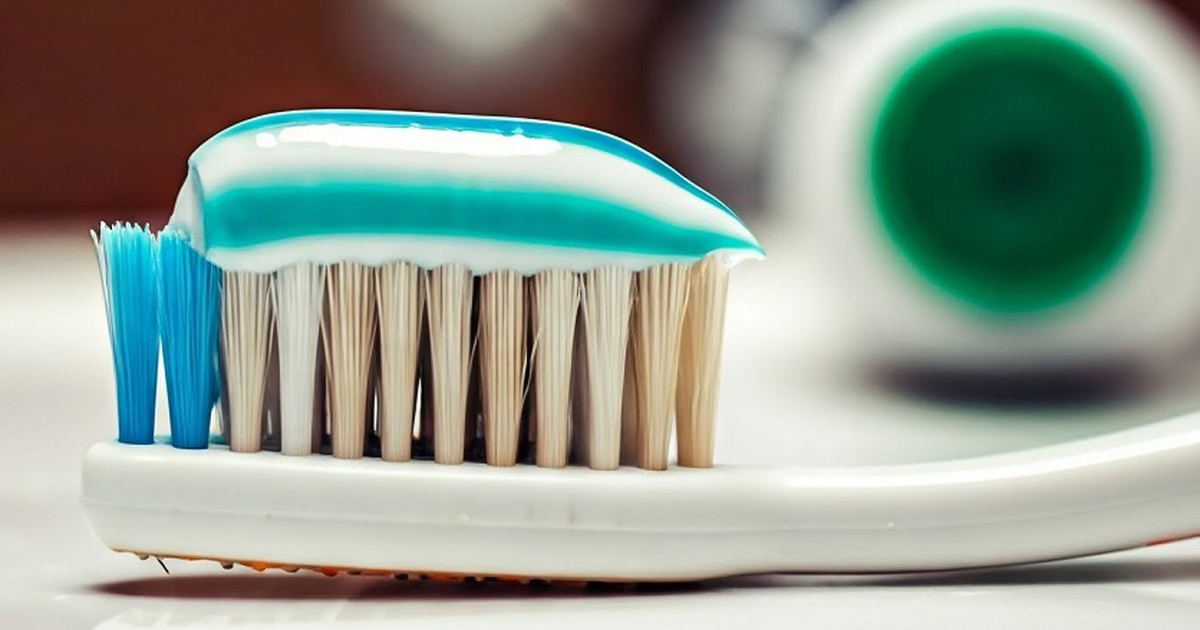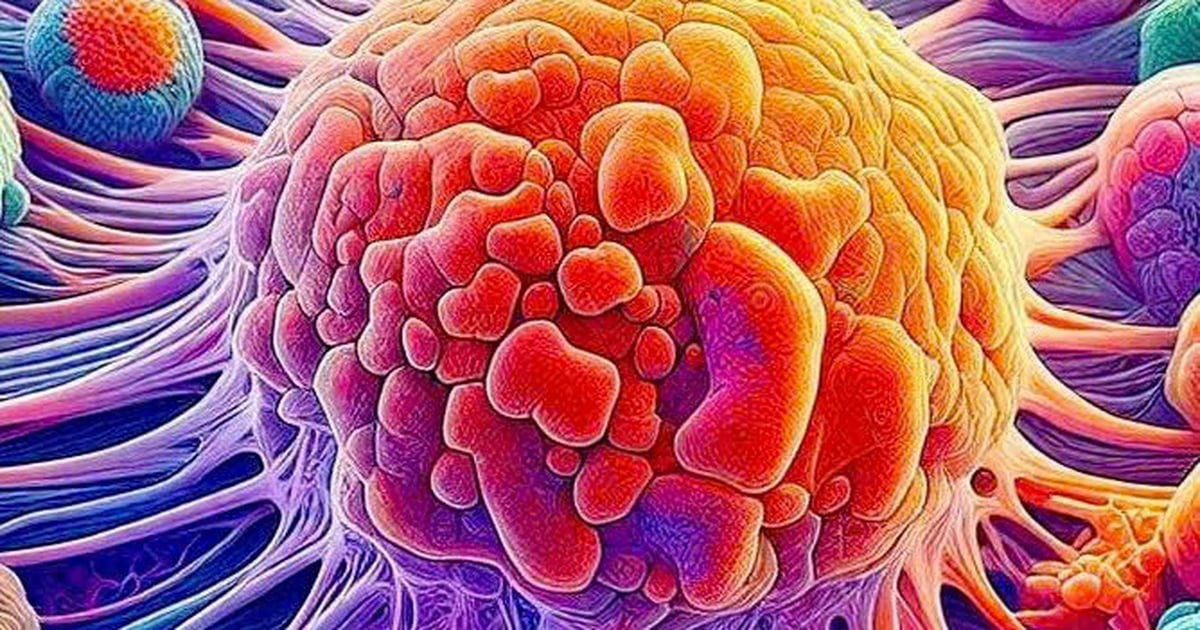Gum infections, sore throats, sinus infections, and acid reflux can cause bad breath, even if you practice good oral hygiene.
In addition to poor oral hygiene, bad breath can also be caused by dry mouth or certain medical conditions. Treating these conditions can help reduce bad breath.
Infection
Infections such as strep throat and sinusitis can cause bad breath. Bacteria that invade the gums when you have gingivitis can also cause bad breath. Strep throat occurs when bacteria inflame the folds of the tonsils, making your breath unpleasant. The fluid from a sinus infection contains an enzyme that causes odor in the nasal cavity.
How to fix: According to the US Centers for Disease Control and Prevention (CDC), strep throat and gingivitis need to be treated with antibiotics. In addition to taking antibiotics for sinus infections, home remedies include warm compresses and nasal hygiene.
Acid reflux
Stress, eating too quickly, drinking carbonated drinks, too much caffeine in the morning or drinking alcohol at night can cause the esophagus to relax, allowing acid or stomach contents to flow back up. This causes heartburn, belching and unpleasant odors.
How to fix: There are many causes of reflux, among which, adjusting eating habits helps to overcome this condition. For example, if you drink alcohol, you should drink 3-4 hours before going to bed, avoid close to bedtime. Eating onions and garlic can also cause reflux, so eat them at lunch instead of dinner.

Bad breath is unpleasant and affects life. Photo: Freepik
Tonsil stones
Tonsils have a structure consisting of many cavities, located between the respiratory tract and the digestive tract, so they are often exposed to dust and food. Food or small debris can get stuck, deposit into calcium deposits, and form stones.
How to fix: The way to get rid of bad breath in this case is to remove the tonsil stones. Gargling with salt water helps soothe the throat and reduce the formation of tonsil stones. You can buy saline solution at the pharmacy or dissolve 1/2 teaspoon of salt in 8 ounces of warm water and gargle about 2-3 times a day.
Dry mouth
According to the American Dental Association (ADA), saliva helps clean the mouth, remove food particles, and neutralize acids. If your mouth is dry, odor-causing bacteria can multiply rapidly. This condition can be caused by medical conditions such as diabetes or Sjögren's syndrome (an autoimmune disorder that affects the salivary glands). Dry mouth can also be a side effect of medications.
Remedy: Drink enough water, chew gum, use mouthwash to reduce dry mouth.
Tooth decay
Tooth decay causes anaerobic bacteria to grow on the teeth and in the mouth, creating an unpleasant odor. Symptoms include pain, tooth sensitivity to sweets, hot or cold. Severe cases can also form pus, leading to swollen gums and high fever.
How to fix: If you suspect tooth decay, limit your intake of sweets and see a dentist for examination and treatment.
Bao Bao (According to Livestrong )
| Readers ask questions about respiratory diseases here for doctors to answer |
Source link


![[Photo] Capital's youth enthusiastically practice firefighting and water rescue skills](https://vstatic.vietnam.vn/vietnam/resource/IMAGE/2025/4/3/3f8481675271488abc7b9422a9357ada)
![[Photo] Prime Minister Pham Minh Chinh chairs the first meeting of the Steering Committee on Regional and International Financial Centers](https://vstatic.vietnam.vn/vietnam/resource/IMAGE/2025/4/3/47dc687989d4479d95a1dce4466edd32)
![[Photo] Ho Chi Minh City speeds up sidewalk repair work before April 30 holiday](https://vstatic.vietnam.vn/vietnam/resource/IMAGE/2025/4/3/17f78833a36f4ba5a9bae215703da710)
![[Photo] General Secretary To Lam receives Japanese Ambassador to Vietnam Ito Naoki](https://vstatic.vietnam.vn/vietnam/resource/IMAGE/2025/4/3/3a5d233bc09d4928ac9bfed97674be98)
![[Photo] Prime Minister Pham Minh Chinh chairs meeting after US announces reciprocal tariffs](https://vstatic.vietnam.vn/vietnam/resource/IMAGE/2025/4/3/ee90a2786c0a45d7868de039cef4a712)
![[Photo] A brief moment of rest for the rescue force of the Vietnam People's Army](https://vstatic.vietnam.vn/vietnam/resource/IMAGE/2025/4/3/a2c91fa05dc04293a4b64cfd27ed4dbe)





















































































Comment (0)